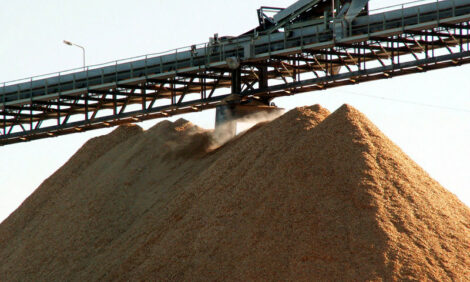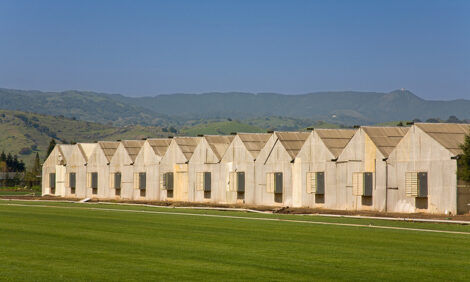



French farmers rally in Paris over pesticide, irrigation bill
Tractor protests target amendments to ease farm regulationsFrench farmers disrupted highway traffic around Paris and rallied in front of parliament with their tractors on Monday, protesting against amendments filed by opposition lawmakers to a bill that would loosen environmental regulations on farming, reported Reuters.
The draft legislation proposes simplifying approvals for breeding facilities and irrigation reservoirs and re-authorising a banned neonicotinoid pesticide used in sugar beet cultivation that environmentalists say is harmful to bees.
It is part of a trend in numerous European Union states to unwind environmental legislation as farmers grapple with rising input costs and households struggle with the cost of living.
Environmental campaigners and some unions representing small-scale and organic farmers say the bill benefits the large-scale agro industry at the expense of independent operators.
President Emmanuel Macron's opponents on the political left have tabled multiple amendments that the protesting farmers said threatened the bill.
"We're asking the lawmakers, our lawmakers, to be serious and vote for it as it stands," said Julien Thierry, a grain farmer from the Yvelines department outside Paris, criticising lawmakers from the Greens and left-wing France Unbowed (LFI).
Farmers across France and Europe won concessions last year after railing against cheap foreign competition and what they say are unnecessary regulations.
On Monday, farmers drove their tractors along at least half a dozen highways leading into Paris, slowing the morning rush-hour traffic. Dozens gathered in front of the National Assembly on the banks of the river Seine as lawmakers debated the bill.
The FNSEA farmers union said regulations needed to be simplified for French farming to be more competitive.
The union and its allies also say the neonicotinoid pesticide acetamiprid is authorised in the rest of the EU and should be in France, as it is less toxic to wildlife than other neonicotinoids and stops crops being ravaged by pests.



